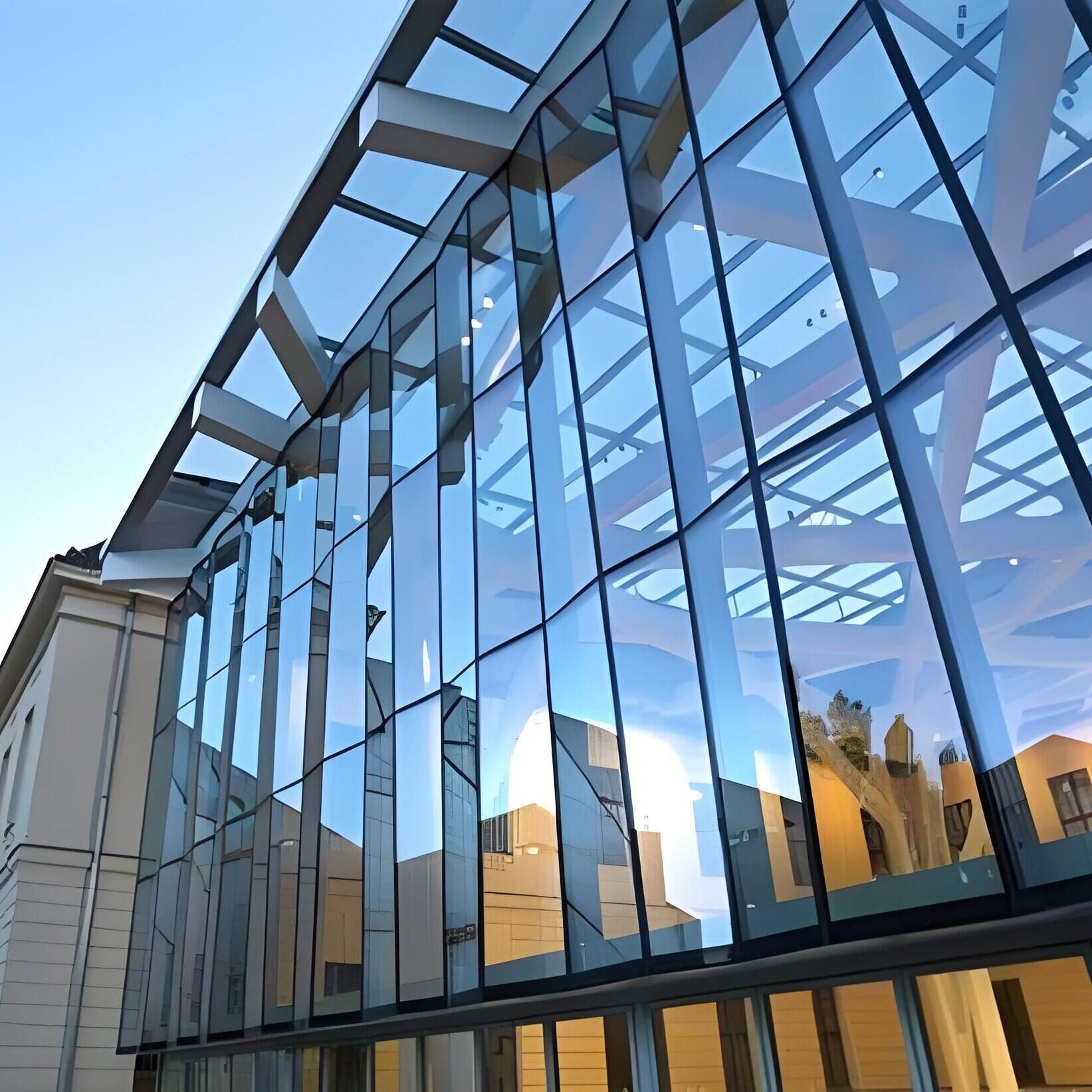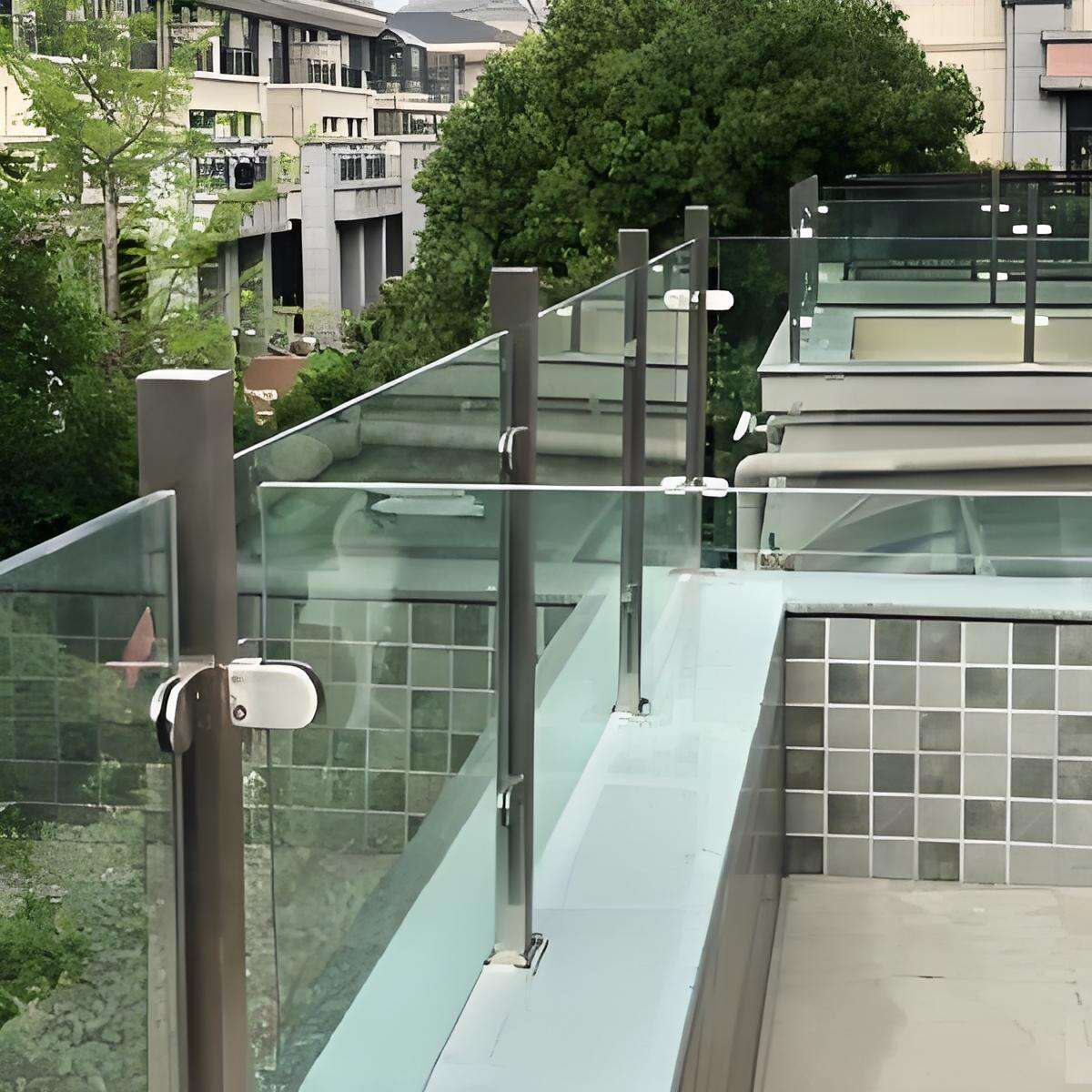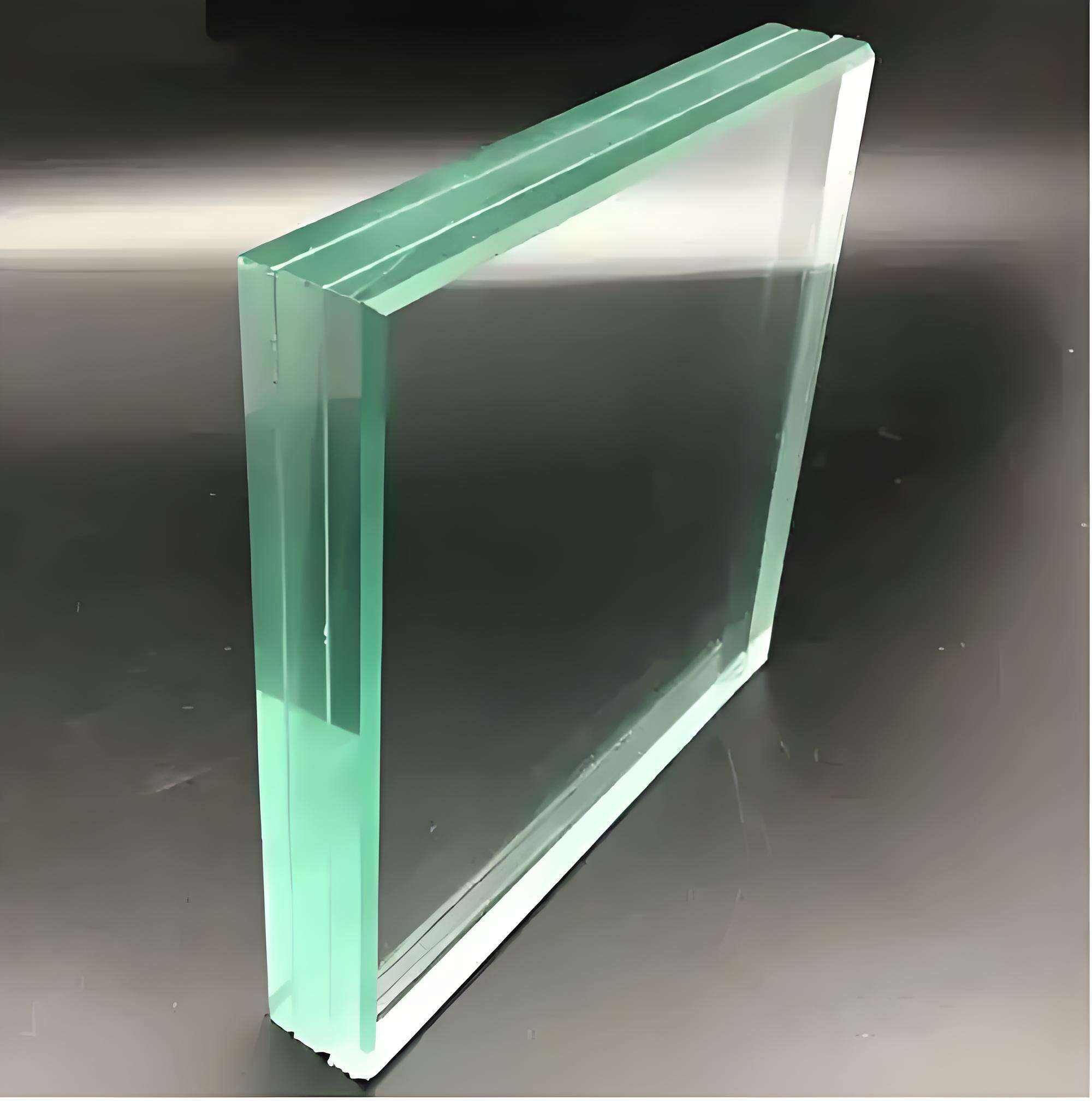glass block price
Glass block prices vary significantly based on several factors, including size, design, transparency level, and thermal properties. These architectural elements combine aesthetic appeal with practical functionality, typically ranging from $5 to $25 per block. Standard sizes measure 8x8 inches or 6x6 inches, with specialty sizes and designs commanding premium prices. The pricing structure reflects the manufacturing process, which involves molding molten glass into precise shapes and incorporating various technical features such as thermal insulation properties and light diffusion capabilities. Modern glass blocks feature advanced technologies like UV protection and energy-efficient designs, contributing to their value proposition. Installation costs typically add $20-50 per square foot, depending on project complexity and location. The market offers various options, from basic clear blocks to sophisticated patterns and colors, with prices adjusting accordingly. Commercial projects often benefit from bulk pricing, while residential applications might require smaller quantities at retail rates. Understanding glass block pricing requires consideration of both material and installation costs, as well as long-term benefits such as energy savings and reduced maintenance needs.


